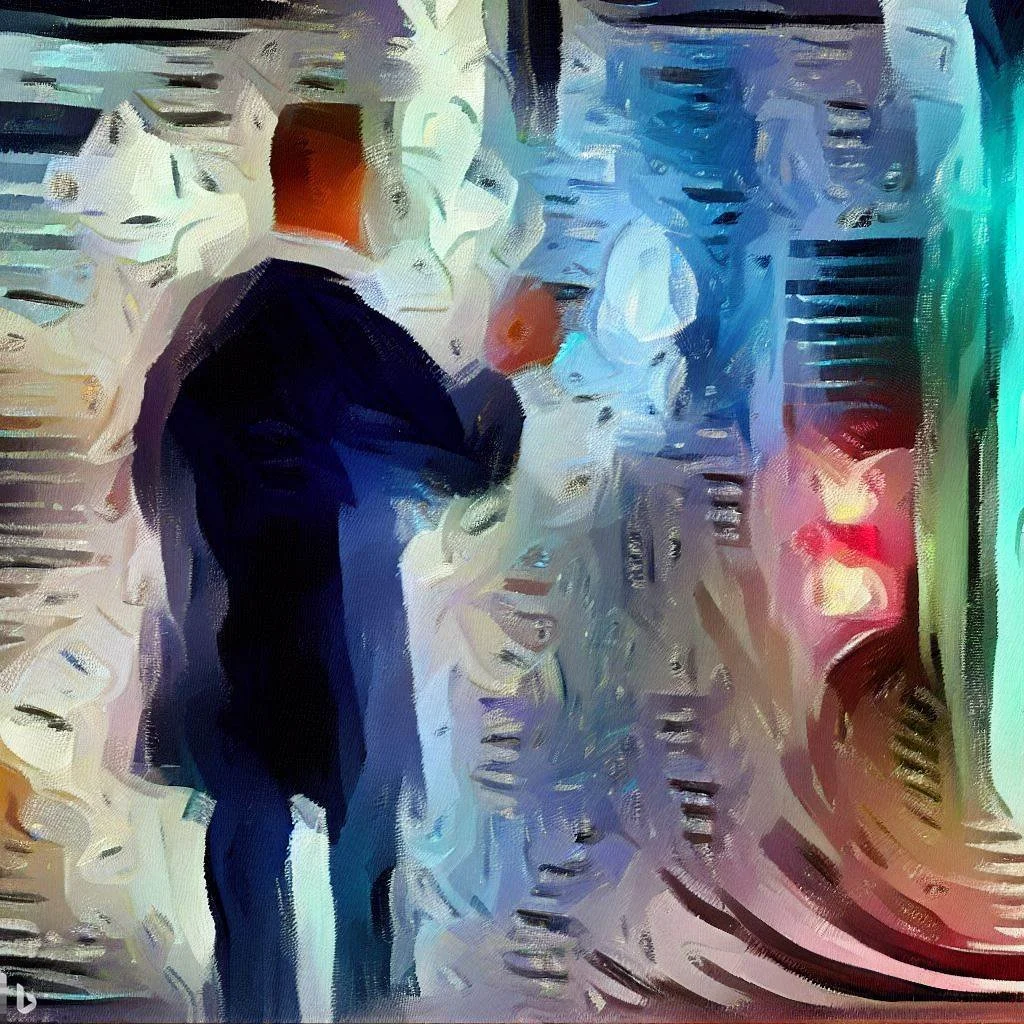Is our society still perceiving and considering our digital existence separate from our real world?
As technology continues to evolve, our digital and physical worlds become increasingly integrated. It is no longer possible to separate our digital selves from our real-world identity. Our digital existence has become an essential part of our society, and the impact of technology on our daily lives cannot be ignored.
Privacy and security play a significant role in our digital world. As we store an increasing amount of personal information online, it becomes essential to protect that information from malicious actors. Cybersecurity threats have become increasingly sophisticated over time, with espionage and counter-espionage appearing to be successful forms of hacking. In 2001, rookie FBI agent Eric O'Neill was tasked with spying on Robert Hanssen, who was suspected of providing valuable US secrets to the Russians. This mission was one of the first examples of cyber-espionage in the US, and it highlights the real-world importance of security in the digital age.
The integration of technology into our everyday lives also brings increased surveillance. Governments and businesses have access to an unprecedented amount of data that they can use to monitor individuals' behavior. With surveillance technology becoming more advanced and widespread, it's essential to have conversations about privacy, security, and surveillance in the digital age.
In conclusion, our digital existence is not separate from our real-world identity. As technology continues to evolve, our physical and digital selves become increasingly intertwined. Privacy, security, and surveillance play an essential role in our understanding of how technology impacts our daily lives. Listen to Rick McElroy and Eric O'Neill discuss cybersecurity and cyber-espionage in the "Gray Day: My Undercover Mission to Expose America's First Cyber Spy" on the ITSPmagazine Podcast Network.
This blog post represents the results of an interactive collaboration between Human Cognition and Artificial Intelligence.
Sincerely, Sean Martin and TAPE3






